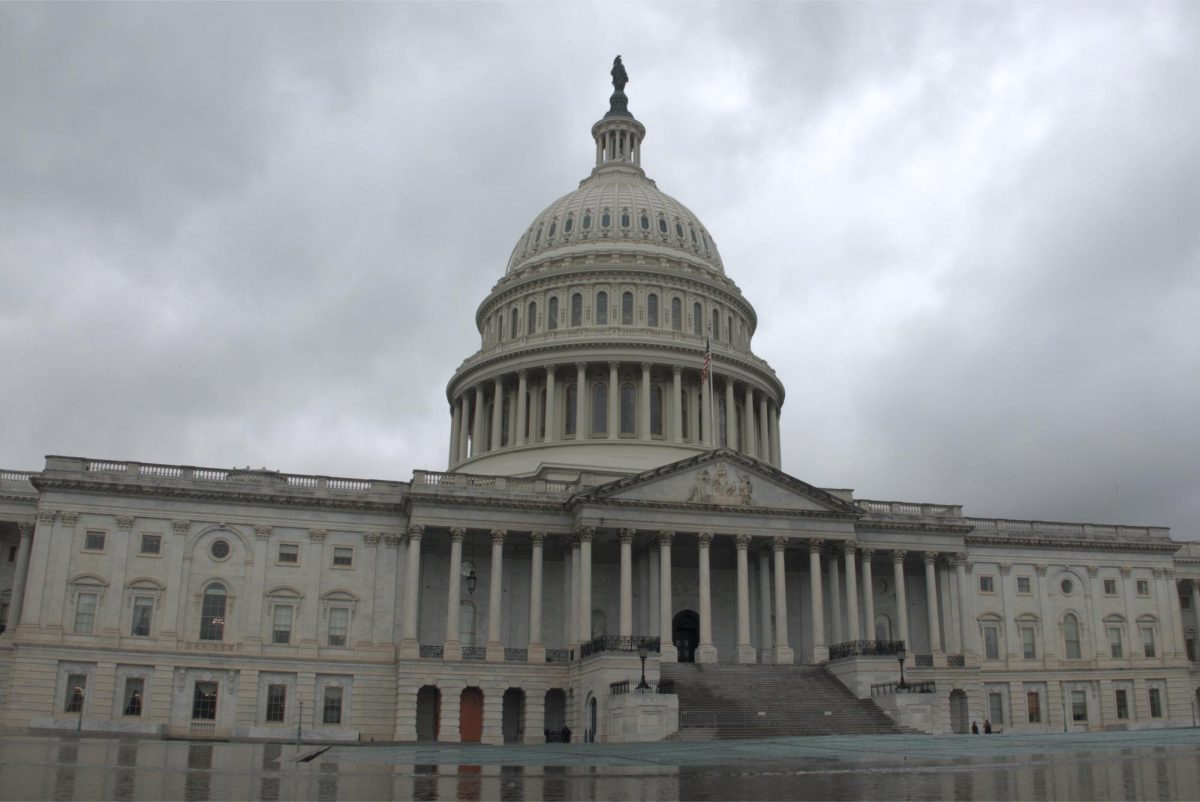WASHINGTON D.C.– Republicans have blocked a bill by Sen. Tammy Duckworth that would protect IVF treatments on a federal level regardless of state law.
The Illinois senator’s “Access of Family Building Act” was in response to last week’s ruling by The Alabama Supreme Court that frozen embryos are children.
Duckworth challenged Senate Republicans to protect in vitro fertilization by supporting a bill she first proposed in 2022 along with Sen. Patty Murray (D-Washington), which would override state laws and protect women’s access to IVF. Duckworth said she used IVF to conceive her two children.
“Make no mistake: this ruling is a direct result of Donald Trump’s promise to overturn Roe v. Wade—and I’ve been warning that IVF would be next for years. Before any other red states try to follow Alabama’s lead and enact more draconian laws around the country, we must pass my Access to Family Building Act to protect every American’s right to become a parent through IVF,” Duckworth stated in a press release on Tuesday.
With IVF, eggs are fertilized with sperm in a lab before being placed in a woman’s body. IVF has only a 20- to 30% success rate, according to the IVF Center. Due to Alabama’s new ruling, many clinics have paused production due to concerns over the low success rate of embryos during the transfer process. Physicians are hesitant to proceed if unsuccessful transfers could lead to career-damaging repercussions.
Duckworth asked the Senate for a unanimous vote in favor of her bill and said it was an opportunity for Republicans to show they “truly care about the sanctity of families” by not blocking the bill when it went to the floor.
However, Sen. Cindy Hyde-Smith (R-Miss.) blocked the bill on Wednesday from going to a vote, arguing that the use of IVF raises concerns about human cloning and commercial surrogacy. Senators pointed to the Alabama ruling as an example of why there cannot be a federal law governing IVF.
Alabama is not the only state constructing new policies over reproductive rights. Last week,
House Bill 3216 was proposed by Oklahoma Rep. Kevin West (R-Moore). Also known as the Oklahoma Life is a Human Right Act, it would require physicians to report abortions and would further limit the selling of contraceptives.
West claims that life begins at conception, but his bill does not address IVF. Oklahoma reproductive rights advocates have said they fear IVF will be lawmakers’ next target.
West’s bill states that if a physician were to assist in a procedure that led to the death of a fetus, they would be required to report it to the State Department of Health within 15 days. If physicians fail to report a patient who intentionally causes harm to a healthy fetus, the state will be able to revoke their medical licenses.
Physicians would have to report with “unique patient identifiers,” so the health department can track patients who have undergone abortion procedures, thus creating a sort of database for the state. But without a court order, physicians cannot release personal information about patients.
The language of the bill has raised alarm bells for women across Oklahoma. West told The Oklahoman he plans to change the wording of the bill before it advances because his goal was not to ban all forms of birth control, but to raise awareness that contraceptives “are not always safe for everybody.”
Caren Ho, 20, a student at the University of Oklahoma who considers herself a left-leaning Democrat, said she was shocked when she learned about the proposal.
“It really does make me anxious, even if the bill doesn’t pass, it takes a lot for someone to come up with these ideas and organize them,” Ho said.
Ho is a social media intern for Oklahoma United, which is partnered with the League of Women’s Voters and advocates for education and voter’s rights. Reaching their audience through social media and with booths during events, the organizations help young and female voters better understand what they are voting for or against.
Ho said she is worried about her access to what she considers basic rights for women. Many womens’ rights advocates consider the overturning of “Roe Vs Wade,” the U.S. Supreme Court case that legalized abortion, as the opening of a Pandora’s box.
“I think it [Roe V Wade] was a catalyst tool for a lot of people to be more open about their opinions on anti-abortion and it allowed a lot more government politicians to express their disdain for abortion and female health care,” Ho said.
“Restricting access to contraceptives, IVF and similar treatments will generate the opposite outcome lawmakers want,” Ho said.
As of now the “morning after pill” is legal in all 50 states, and is one of the only forms of birth control available over-the-counter. With HB 3216, the “Plan B” medication would become less obtainable in Oklahoma, as the bill states access to contraceptives must be through a physician. Due to the wording of the bill, many women are worried their rights to contraceptives will disappear.
West told The Oklahoman his intention was to limit over-the-counter contraceptives that are purchased without a prescription or supervision of a physician.
Kayla Savage, 22, an OU student who described herself as a conservative with conservative values, believes life begins at conception but said there are pros to birth control. Savage serves as chapter president for Turning Point U.S.A, a nonprofit for young conservatives, and is involved in Students for Life; both are on-campus organizations.

Savage said she agrees with West about the negative side effects birth control can cause. By regulating the use of contraceptives, Savage believes there will be more understanding between physician and patient about birth control.
But Savage believes birth control medication is an effective tool for avoiding pregnancy and helping with hormonal issues because, “that’s probably one of the number one reasons as to why women get birth control.”
While Oklahomans wait for West to revise his bill, other state legislatures continue to debate issues of reproductive rights including contraceptives, abortions and IVF treatments.
Gaylord News is a reporting project of the University of Oklahoma Gaylord College of Journalism and Mass Communication. For more stories by Gaylord News, go to GaylordNews.net.







